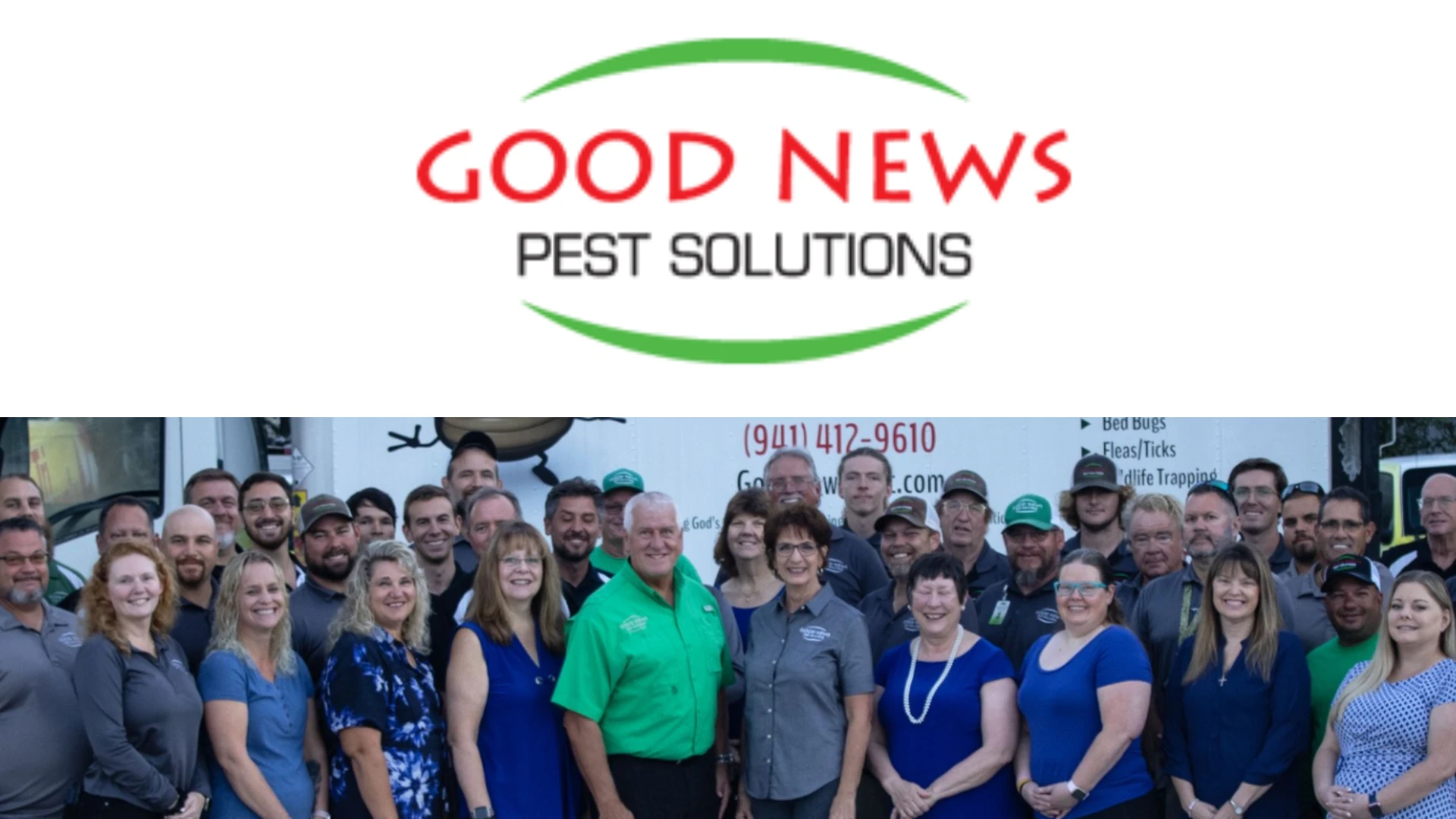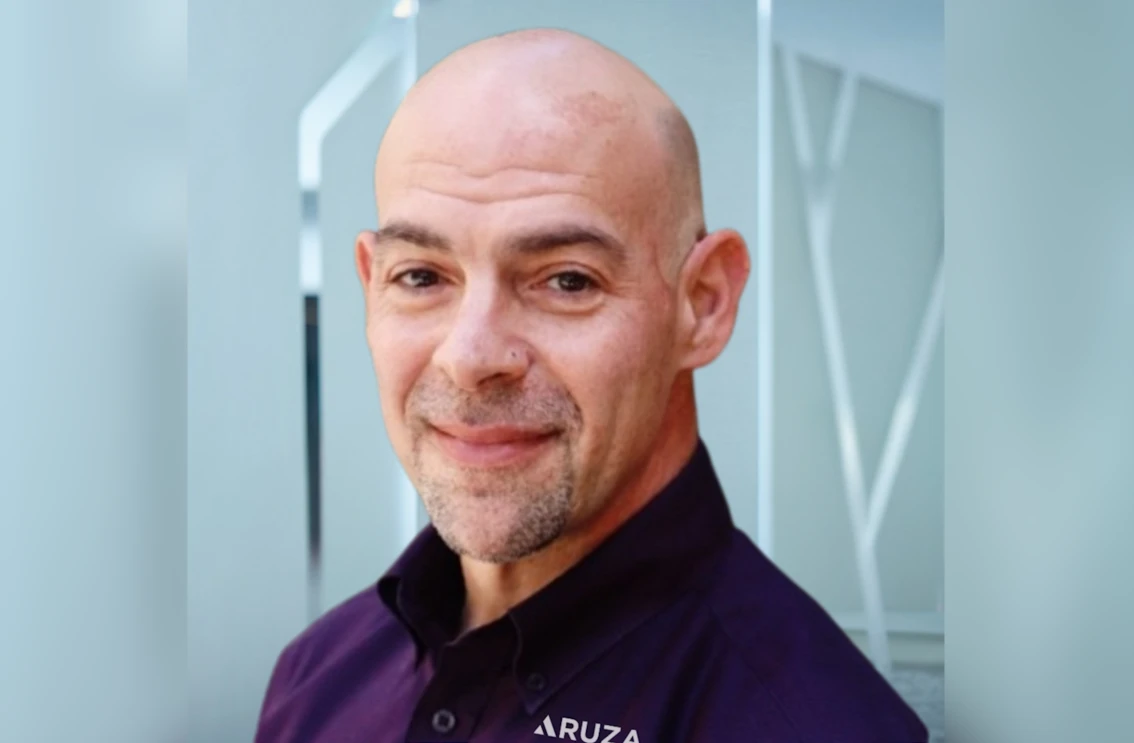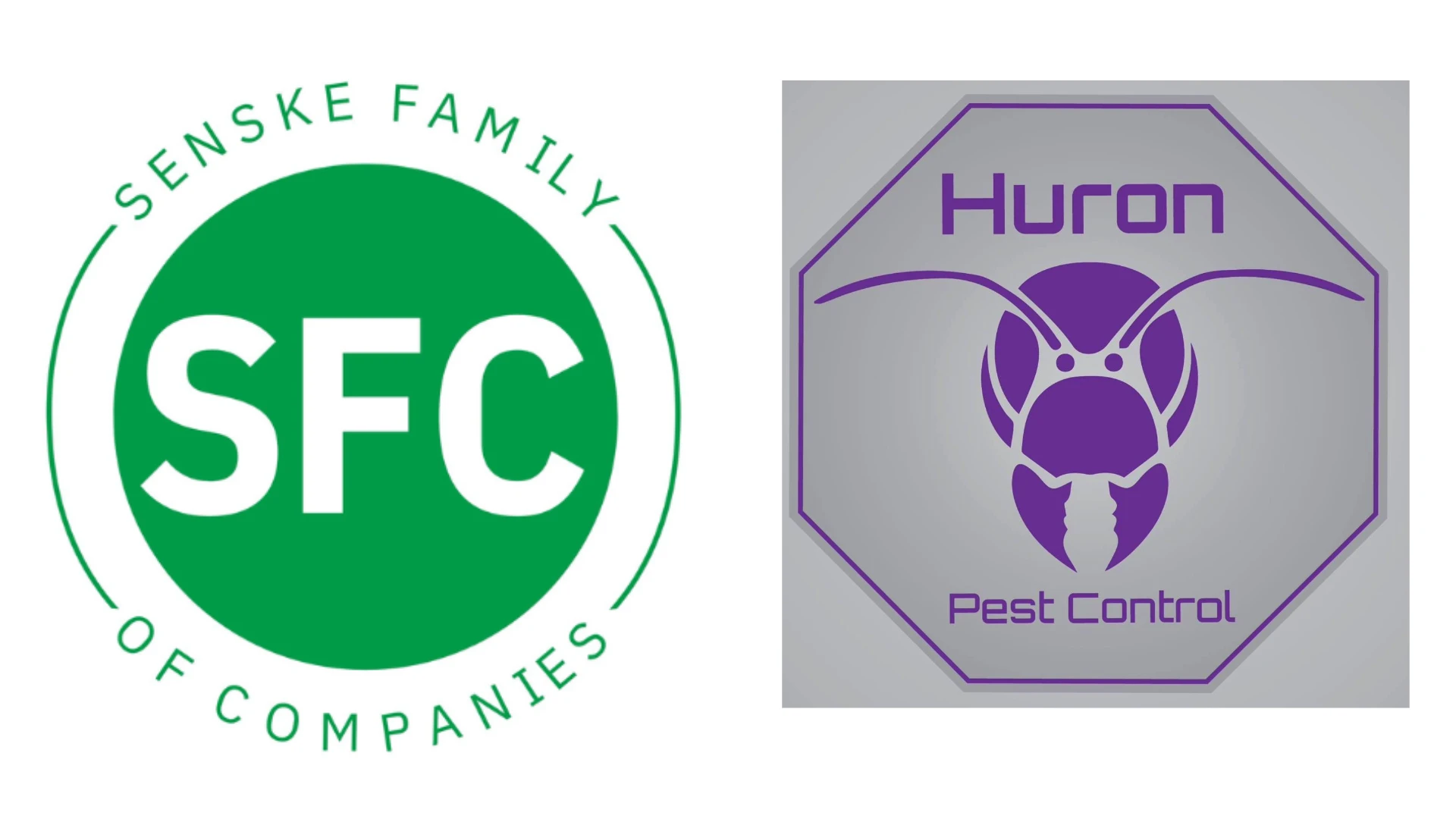 During the Olympics this past year, we were reminded of the great dedication and hard work that is required of successful professional athletes. It’s their commitment to a lifestyle of continuous training and striving for excellence that enables them to compete at the highest level and to call themselves “world class athletes.” Can you call yourself “world class” at what you do? Are you willing to commit to what it takes to bring home “the gold?”
During the Olympics this past year, we were reminded of the great dedication and hard work that is required of successful professional athletes. It’s their commitment to a lifestyle of continuous training and striving for excellence that enables them to compete at the highest level and to call themselves “world class athletes.” Can you call yourself “world class” at what you do? Are you willing to commit to what it takes to bring home “the gold?”
“The gold” for us is just a metaphor to achieve your goals, whatever they may be. Your goals may include solving your customers’ pest problems, winning an account from a competitor or building a pest management empire — it’s all relative to your situation. Regardless of the specifics, the big question is: Are you accomplishing what you set out to do?
The training required for any competition is the least fun and generally takes the most effort, especially when it comes to staying motivated. The competition itself is the most rewarding. It’s why we do what we do. Participating in the actual competition or game is the easy part.
As in sports, this is also true in business. To be the best at what you do, you have to build a passion to train and invest the hard work to match the natural passion to compete.
Is Your Training World Class? Throughout the Olympics, television coverage spotlights different athletes, giving us the background about how he or she made it to the top of their sport. Their stories just blow you away. Many of us in the pest management industry consider our quarterly, monthly or weekly training meetings a job well done. We boast that we provide great training and a wealth of knowledge to our technicians that they can carry out into the world and use.
But when compared to the “world-class” standards of our country’s top athletes, would you consider your training to be enough, either in content or intensity? As I have met both technicians and operators from around the country, I’ve been exposed to a variety of different training structures. Some companies have 30-minute training sessions once a week, or a few hours each month, quarter or even once a year, for themselves and their technicians. But we just identified that top performers who are truly the best at what they do train daily. Their training is part of their lifestyle and everything they do is constructed around bettering themselves so that they can achieve their ultimate goal — win gold! Why would this be any different in our business?
As I have had this discussion with others in our industry, I commonly hear the concern that training takes away from production time for the technician or that there’s just not enough time to spend hours upon hours devoted to just training. So, when do you find the time?
If we revisit the “world-class athlete” model, we find that training should be part of what you do all day, every day. You have to continually be creative to find opportunities to train and make it a lifestyle rather than a scheduled activity.
There are ways to incorporate learning in every task we do, effectively training ourselves to improve. Every time you pick up a product, review at least a paragraph of the label — and I mean every time, not once a week. As that product is being applied, repeat to yourself the active ingredient, the classification, the dilution rate, the application rate and the expectation of the product’s performance. Ask yourself why you are using this product instead of another one. Take time to identify your target pest, then recite to yourself the biology, habits and management practices of that pest. If you don’t know this information, review it and then begin the practice of reciting it to yourself. With the range of topics technicians need to know, including communication skills, driving skills, professional appearance, safety, proper workplace etiquette, etc., you will never run out of opportunities to improve if you weave a little bit into every work day.
Finding the Time. To start getting your staff to practice this technique, you’ll need to train them to find opportunities to train themselves throughout the day, and then reinforce that training with the regularly scheduled training programs you are already providing. To do this, you will have to guide individuals to find the information they need, instead of providing it for them.
Weaving this concept into the fabric of your company will take creativity on your part. Many of us rely on testing to gauge our competency on the job. What you want to have happen in association with the continual training model we just reviewed is to teach your staff to continually test each other by asking questions. Asking questions is a great way to identify gaps and areas that need more training, and to open dialogue between co-workers about more obscure topics that you may not always cover in your regular training classes.
Start this with a “passing it forward” exercise. Call someone in your company and ask them a question. For example: What is our company protocol for a rodent management program for a residential client? Then have that person “pass it forward” by calling someone else with a question and so on and so on. This can be done a couple of times during a week or even daily and is a simple way to begin creating an environment of continuous training with in your company.
A world-class athlete’s commitment and sacrifice is a rarity in the human race, but it is recognized and revered in our society as greatness — the best in their chosen field. Don’t you want to be looked upon as the best in pest management? We all want to be proud of our accomplishments. The next time you promote your business to a client and claim to be the best, ask yourself if you are training like the best.
Christian Wilcox is technical director for McCauley Services in Arkansas and east Texas. He’s a member of the Copesan Technical Committee.
Copesan is an alliance of pest management firms serving national accounts throughout North America. To learn more, visit www.copesan.com.
WANT MORE?
Enter your email to receive our newsletters.

Explore the January 2013 Issue
Check out more from this issue and find your next story to read.
Latest from Pest Control Technology
- Webinar: Employee Incentives — Going Beyond the Annual Raise
- Pest Control Companies Helping Neighbors in Need Eradicate Bed Bugs
- Why Does Marketing Feel So Opaque?
- How Did This Pest Get Its Name?
- Rose Pest Solutions Honors Top Performers with Annual Chief’s Club Awards
- Doug Foster on Termite Control Equipment, Resources
- Pest Control Consultants Acquires EcoGuard Pest Control
- Pest Index Increased 9 Percent YOY in February






